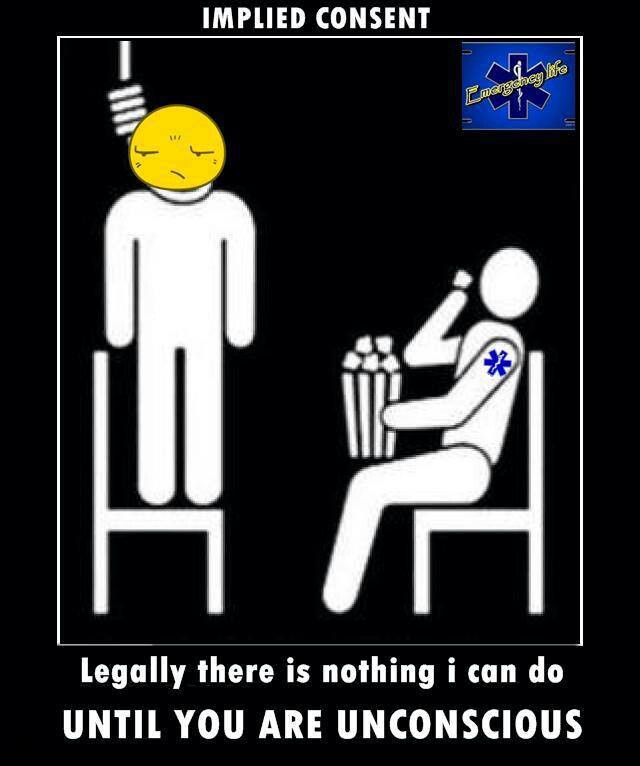There are several problems with psych placement from the field.
Patients need to be medically cleared prior to psych evaluation, and unless the patient is a very good historian it would be pretty hard to do this simply on physical exam and without basic labs (CBC, CMP, TSH...) and toxicology (drug screen, BAL, APAP/ASA levels...). The patients who can provide a good history will likely benefit more from a crisis stabilization unit or intensive outpatient therapy than inpatient placement. Also many patients who are intoxicated or under the influence of drugs will appear psychotic, depressed, et cetera and after clearing their drugs don't need inpatient placement but instead outpatient resources.
Psych placement can also be difficult and it can be challenging, depending on the patient's needs and history it isn't uncommon to take 12-24 hours to find placement; we have had to hold patients 30 days in the ED before so that we could send them to the state hospital since they were not appropriate for the other inpatient facilities.
I would like the idea of preferentially taking patients to psychiatric EDs. There are a couple of hospitals in the area that have dedicated psych units/EDs attached to their main department, and since they can be medically cleared quickly they are then put in a much more appropriate, safe, and therapeutic unit while waiting for placement.

